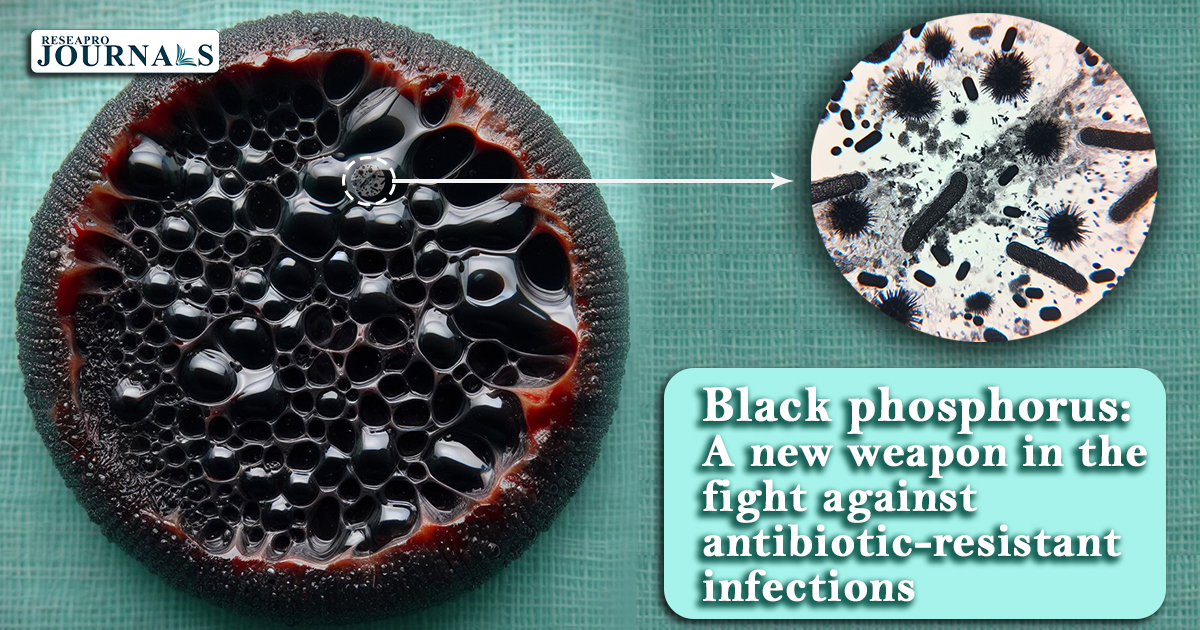
The material, called black phosphorus, is effective against a wide range of drug-resistant bacteria, including golden staph. In a recent study, black phosphorus was shown to kill over 99% of bacteria in biological models, without damaging other cells. Black phosphorus works by generating reactive oxygen species (ROS), which are highly toxic to bacteria. ROS damages the bacterial cell membrane and DNA, leading to cell death. The researchers envision that black phosphorus could be integrated into wound dressings and implants to prevent or treat bacterial infections. Black phosphorus is biodegradable, meaning that it breaks down naturally over time. This means that it would not need to be removed from the body after wound healing is complete. The researchers are currently seeking industry partners to develop and prototype the technology. If successful, black phosphorus could provide a much-needed new weapon in the fight against antibiotic-resistant infections.
Here are some additional details about black phosphorus and its potential applications in wound care:
- Black phosphorus is the most stable form of phosphorus, a mineral that is naturally present in many foods.
- In its ultra-thin form, black phosphorus degrades easily with oxygen, making it ideal for killing microbes.
- Black phosphorus is also non-toxic to human cells, making it a safe and effective material for wound care.





